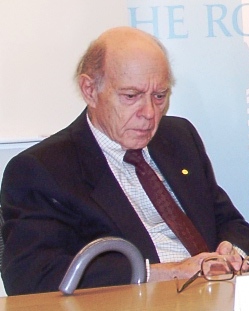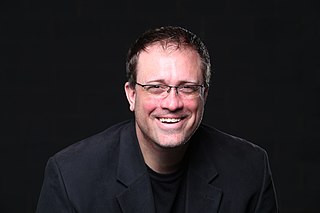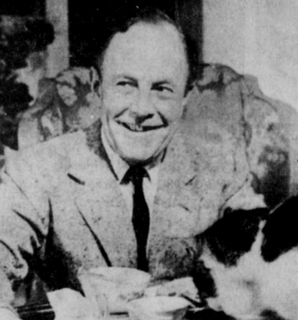A Quote by Stephen Jay Gould
Change is more often a rapid transition between two stable states than a continuous transformation at slow and steady rates. . . .Change occurs in large leaps following a slow accumulation of stress that a system resists until it reaches the breaking point. Heat water, and it eventually boils. Oppress the workers more and more and bring on the revolution.
Related Quotes
...the transition from capitalism to Socialism and the liberation of the working class from the yoke of capitalism cannot be effected by slow changes, by reforms, but only by a qualitative change of the capitalist system, by revolution. Hence, in order not to err in policy, one must be a revolutionary, not a reformist.
Behavioral scientists distinguish between fast thinking and slow thinking. Fast thinking is represented in the mind's System 1: it is automatic, intuitive, and often emotional. Slow thinking, reflected in System 2, is deliberative and reflective; it likes statistics. It's hard to think of a purer System 1 candidate than Trump.
Change is not always a good thing. What I need is not change from one thing to another but transformation from who I am into who I was meant to become. Only when God's transforming power touches me can I begin to live the simpler, freer, fresher, more creative, more patient, more passionate, more sacrificial, riskier, rawer, more real, more love-driven life God intended for me all along. That transformation is what awaits all who dare to enter the story of God. As Paul wrote, 'Let God transform you into a new person by changing the way you think' (Romans 12:2)
Life in the country teaches one that the really stimulating things are the quiet, natural things, and the really wearisome things are the noisy, unnatural things. It is more exciting to stand still than to dance. Silence is more eloquent than speech. Water is more stimulating than wine. Fresh air is more intoxicating than cigarette smoke. Sunlight is more subtle than electric light. The scent of grass is more luxurious than the most expensive perfume. The slow, simple observations of the peasant are more wise than the most sparkling epigrams of the latest wit.
Though the world does not change with a change of paradigm, the scientist afterward works in a different world... I am convinced that we must learn to make sense of statements that at least resemble these. What occurs during a scientific revolution is not fully reducible to a re-interpretation of individual and stable data. In the first place, the data are not unequivocally stable.




































